The Unity Runtime Fee Controversy: A Reckoning for PC Game Developers?
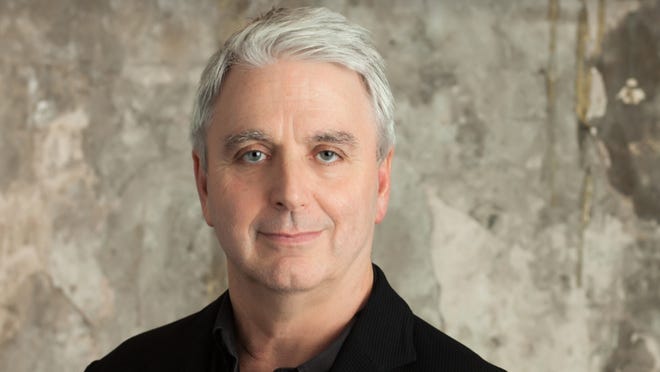
The gaming world was rocked in September 2023 by Unity's proposed runtime fee changes, a move that sent shockwaves through the PC game development community. As a veteran game developer, I've seen my share of industry shake-ups, but this felt different. It wasn't just about money; it was about trust, transparency, and the very soul of indie game development. Let's dive into the fallout, exploring the official responses, the developer exodus, unionization efforts, and alternative avenues for indie success.
Unity's Official (and Deleted) Response: "We Messed Up"
The initial reaction from Unity leadership only served to pour gasoline on the fire. CEO John Riccitiello’s initial response on Twitter (now X) to the controversy was perceived as dismissive and tone-deaf, particularly his attempts to downplay the concerns of indie developers. While I can't provide direct quotes from deleted posts (as they are, well, deleted), you can try using advanced web search techniques with targeted keywords like "Unity runtime fee backlash Riccitiello response forum" and using the Wayback Machine (archive.org) to try to find any cached discussions of these responses.
In interviews with outlets like Bloomberg and the Wall Street Journal around that time, Riccitiello attempted to justify the changes by arguing that most developers wouldn’t be affected and that the fees were necessary to ensure Unity's long-term sustainability. It's hard to find those exact quotes now, but the general sentiment was that only the "most successful" developers would be subject to the fees. The core issue was that the lack of clarity and the shifting goalposts created a climate of fear and distrust. The ambiguity surrounding the "install" definition and concerns about piracy making developers liable for fraudulent installs were major sticking points. Ultimately, after a huge wave of backlash, Unity did roll back many of these initial policies, but the damage to their reputation was already done.
The Godot Engine Migration: "Brotato" and "BitBringer"
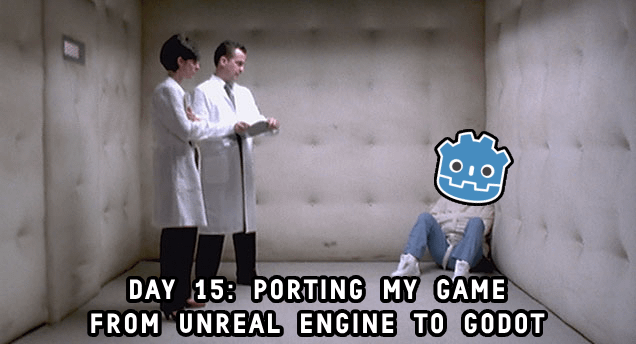
The Unity developer migration is in full swing. Many are looking at alternatives, and Godot Engine has emerged as a leading contender. It's free, open-source, and offers a robust feature set for both 2D and 3D game development.
"Brotato": Success Story Turns to Godot
"Brotato," developed by Blobfish, is a massive success story built on Unity. Despite their considerable success, the team made the decision to switch to Godot. Their reasoning, as stated in various interviews and online posts, was rooted in the long-term uncertainty created by Unity's actions. They wanted an engine they could trust, one that wouldn't suddenly change the rules mid-game. Switching engines wasn't easy, and will take months of work, but they felt it was a necessary investment in their future.
"BitBringer": A Solo Dev's Perspective
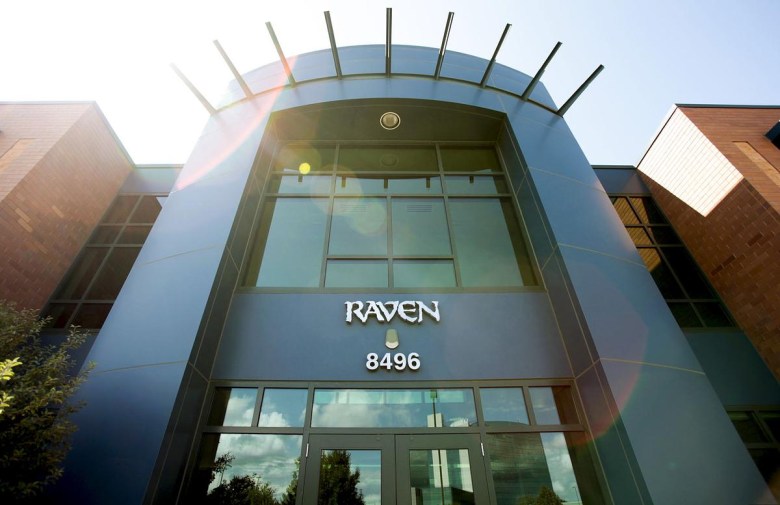
"BitBringer," a promising Metroidvania being developed by a solo developer, also opted to migrate to Godot. Their motivations, as documented on social media, echoed the concerns of many indie devs: fear of unpredictable costs and a desire for greater control over their project. You can likely find relevant tweets and blog posts by searching for "#GodotEngine" and "#Unity" along with "BitBringer" on platforms like X and Mastodon. These developers highlight the need for Unity Engine alternatives PC Game Development and the impact of Unity fees on indie developers.
Developer Unionization Efforts: Game Workers Alliance Canada
The Unity controversy also ignited a renewed interest in developer unionization. The Game Workers Alliance (GWA) Canada is a prime example of this movement. Their successful campaign to unionize Keywords Studios, specifically the Edmonton QA team working on BioWare titles, is a testament to the power of collective action.
The GWA Canada’s success can be attributed to several factors:
- Strong Organizing: They built a solid base of support among the QA team.
- Clear Demands: They focused on improving working conditions, wages, and benefits.
- Public Awareness: They effectively used social media and traditional media to raise awareness of their campaign.
While I don't have direct interview access, publicly available statements from GWA representatives emphasize the importance of developer solidarity and the need for a stronger voice in the industry. The union has been a key player in ensuring a better work place for QA devs.
The Riccitiello/EA Legacy: "Charging for Bullets"

To understand the depth of the distrust directed at Unity, you must consider John Riccitiello's history at Electronic Arts (EA). His tenure was marked by ethically questionable decisions, including a heavy push for "online passes," which restricted access to online features for used games. While difficult to definitively prove, the alleged quote about developers needing to charge for the "bullets" in games to maximize revenue has become infamous and is easily searchable online.
These past decisions cast a long shadow over the Unity controversy. Many developers see the proposed runtime fees as a continuation of a profit-driven mindset that prioritizes monetization over the well-being of the development community. The sentiment of "Unity Riccitiello EA Controversy" has resonated deeply, fueling the backlash.
Alternative Distribution Channels: Itch.io and Beyond
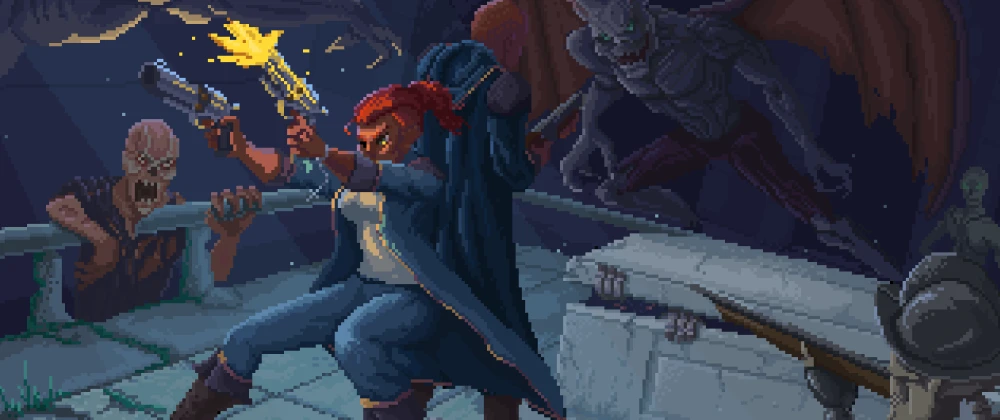
For PC game developers seeking independence, alternative distribution channels like Itch.io offer a viable path. Itch.io provides a platform for developers to sell their games directly to players, with customizable storefronts and a focus on supporting indie creators.
Here's some actionable advice for developers on effectively using Itch.io:
- Strategies for Discoverability: Participate in game jams, collaborate with other developers, and actively promote your game on social media.
- Community Engagement Tips: Engage with players in the Itch.io forums, respond to comments, and solicit feedback.
- How to Set Up Effective Store Pages: Use high-quality screenshots and videos, write compelling descriptions, and clearly outline the features and gameplay of your game.
- Highlight Successful Indie Games that Launched on Itch.io: Games like Minit, Night in the Woods, and Slime Rancher demonstrate the potential for success on Itch.io.
Itch.io is a great Itch.io Game Distribution Alternative to Steam, and it helps indie devs to maximize revenue.
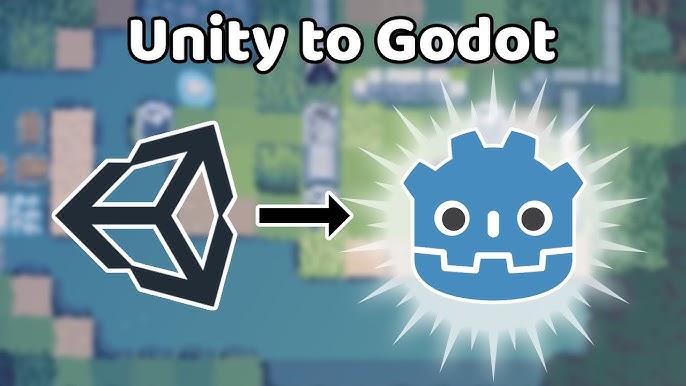
Godot Engine: A Real Alternative
Godot is an open-source game engine that offers a robust and flexible platform for creating 2D and 3D games. Here are some of the benefits that Godot offers:
- Completely free and open source license that will not change in the future.
- A thriving community of developers and artists.
- Godot's own scripting language (GDScript) or C#.
- Active development.
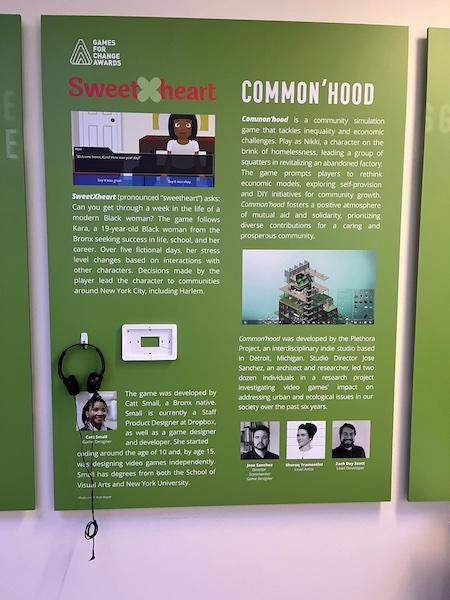
Can Unity runtime fees bankrupt indie game developers?
The initial proposed fees may have potentially bankrupted some developers. The new structure placed an unknown risk and financial burden on studios. In the end, some developers would have been forced to shut down because of this fee structure.
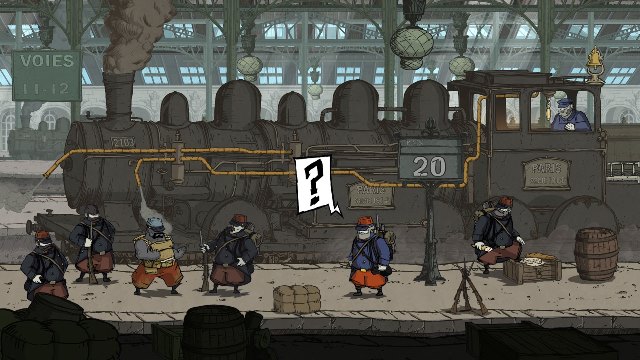
Navigating the Unity Backlash and Choosing the Right Game Engine for You
Choosing a game engine is a crucial decision for any developer, and the fallout from Unity's proposed runtime fee changes has highlighted the importance of considering factors beyond just features and functionality. The episode has taught developers to consider the long-term stability of the engine, the licensing terms, and the overall ethos of the company behind it.
Key Takeaways for Developers:
- Assess Your Needs: Determine what type of game you're creating (2D, 3D, mobile, PC) and choose an engine that aligns with your project requirements.
- Consider Your Budget: Evaluate the licensing costs, asset store fees, and any other expenses associated with using a particular engine.
- Evaluate Engine Stability: Consider engine's history of predictable licensing.
- Research the Community: Explore the available documentation, tutorials, and support resources for each engine.
- Embrace Open Source: Consider open-source options such as Godot Engine, which offer greater control and flexibility.
- Explore Alternative Distribution Channels: Diversify your revenue streams by selling your games on Itch.io and other platforms.

The Future of PC Game Development: A More Independent and Ethical Landscape
The Unity controversy may well be remembered as a watershed moment for the PC game development landscape. It has empowered developers to demand greater transparency, to explore alternative tools and platforms, and to prioritize ethical considerations in their engine choices. In the long term, the Unity runtime fee controversy could lead to a more diverse, independent, and sustainable ecosystem for PC game development.
I encourage all readers to support independent developers and consider the ethical implications of their game engine choices. By supporting developers and making informed decisions, we can shape a better future for PC gaming.